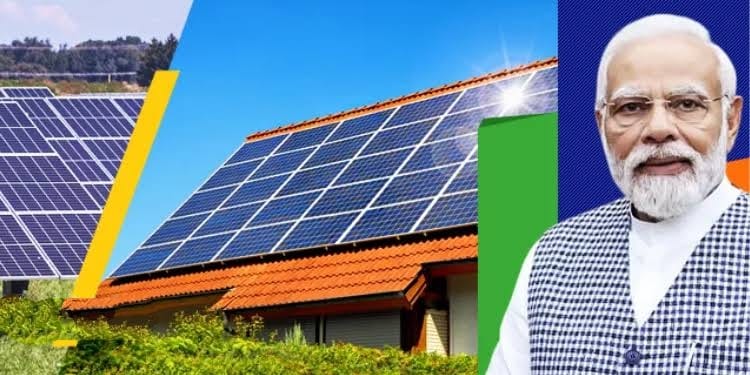 Image Source: APAC Media
Image Source: APAC Media
The Ministry of New & Renewable Energy (MNRE) has launched a ₹2.3 crore startup innovation challenge with the aim of catalyzing rooftop solar installations at a fast rate and driving adoption of renewable energy in India. The challenge was launched at the National Conference on Skill Development for the Renewable Workforce with the aim of tapping the innovation capabilities of Indian startups and innovators to address some of the most pressing challenges facing the rooftop solar and distributed renewable energy sector.
Key Highlights:
The challenge, with support from MNRE, National Institute of Solar Energy (NISE), StartUp India, and DPIIT, is open to green tech, IoT, AI, blockchain, energy hardware, fintech, construction, and waste management startups.
Innovation areas of focus are affordability, resilience, inclusivity, and environment sustainability to make rooftop solar more accessible and resilient for Indian households and businesses.
The total prize money on offer is ₹2.3 crore, with the first prize of ₹1 crore, the second prize of ₹50 lakh, the third prize of ₹30 lakh, and ten consolation prizes of ₹5 lakh each.
They will also be given incubation facilities, proposals for pilot projects, and guidance by industry experts and investors under MNRE and NISE.
Applications will be kept open until August 20, 2025, and the winners will be declared on September 10, 2025. Applications can be made on the StartUp India portal.
This is one of the government's big-ticket initiatives to bring rooftop solar to 10 million households by FY27 with the help of the Pradhan Mantri Surya Ghar Muft Bijli Yojana and 40% residential subsidy.
The program is anticipated to promote quicker uptake of clean energy, empower citizens, and solidify India's leadership in clean energy and energy innovation and sustainable development.
Source:
The Hindu Business Line, Rediff Money, The Economic Times
Advertisement
Advertisement



